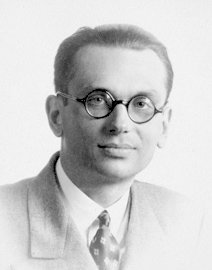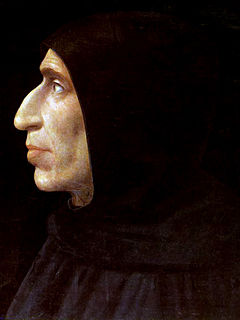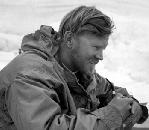A Quote by Francis Bacon
Of all the things in nature, the formation and endowment of man was singled out by the ancients.
Related Quotes
The formation in geological time of the human body by the laws of physics (or any other laws of similar nature), starting from a random distribution of elementary particles and the field is as unlikely as the separation of the atmosphere into its components. The complexity of the living things has to be present within the material, from which they are derived, or in the laws, governing their formation.
Nature is man's inorganic body -- that is to say, nature insofar as it is not the human body. Man lives from nature -- i.e., nature is his body -- and he must maintain a continuing dialogue with it is he is not to die. To say that man's physical and mental life is linked to nature simply means that nature is linked to itself, for man is a part of nature.
Some have narrowed their minds, and so fettered them with the chains of antiquity that not only do they refuse to speak save as the ancients spake, but they refuse to think save as the ancients thought. God speaks to us, too, and the best thoughts are those now being vouchsafed to us. We will excel the ancients!
Technology is neutral and sterile. Now, technology is the nature of modern man; it is our environment and our horizon. Of course, every work of man is a negation of nature, but at the same time, it is a bridge between nature and us. Technology changes nature in a more radical and decisive manner: it throws it out.
A human being is not one thing among others; things determine each other, but man is ultimately self-determining. What he becomes - within the limits of endowment and environment- he has made out of himself. In the concentration camps, for example, in this living laboratory and on this testing ground, we watched and witnessed some of our comrades behave like swine while others behaved like saints. Man has both potentialities within himself; which one is actualized depends on decisions but not on conditions.







































